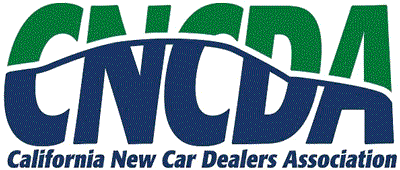In November 2021, electric vehicle mania was in full swing on Wall Street. Rivian’s stock price hit over $170 per share, resulting in a market cap well over $100 billion. This young electric vehicle automaker was worth close to the combined value of Ford and GM, despite having delivered only a few hundred vehicles. Lucid, another EV automaker with only a few hundred vehicles delivered, was not far behind with a market cap of nearly $100 billion. And Tesla hit a stock price of over $1,200 per share, making it a $1 trillion company and Elon Musk the richest man in the world.
2022 has not been as kind to shareholders of any of these companies. As of March 18, 2022, stock prices are down by roughly 30% for Tesla and over 60% for Lucid and Rivian. Still, by any objective measure, valuations of EV automakers remain stratospheric.
If I were CEO of a traditional automaker, I would view the valuations of these EV upstarts with a mixture of dismay and envy. I would also be thinking about ways to capture some of that EV magic to juice my company’s stock price.
With this in mind, I was not shocked when Ford announced it would be launching a separate business for electric vehicles. The announcement seems to have had its intended impact – Ford’s stock price immediately jumped over 8%.
For dealers, what comes next is critical. Will Ford use this transition as an opportunity to empower and train dealers to sell EVs, or will Ford use this transition to undermine its relationship with dealers? The potential threat to dealers is significant. Tesla, Rivian, and Lucid all sell directly to consumers, and state franchise law prohibiting direct sales are increasingly challenged. However, the greatest threat to dealers is not direct sales from the likes of Tesla or Rivian. It’s direct competition from a dealer’s own manufacturer.
California’s franchise laws have never prohibited direct sales. Instead, the Golden State bars manufacturers from competing against their own franchisees. In other words, a manufacturer can operate as both a dealer and a manufacturer, so long as it doesn’t have independent franchisees.
Defending this law is the top priority for CNCDA. That’s why we filed a petition against Volvo on the Care by Volvo program, which sought to transform dealers into mere agents of the manufacturer. Thankfully, the New Motor Vehicle Board and the Department of Motor Vehicles agreed that the program violated California law and discontinued it in our state.
In the coming years, it is more critical than ever for dealers to vigorously defend laws that prohibit manufacturers from competing against their own franchisees. These laws are just and represent sound public policy. Dealers invest millions of dollars in facilities and employees, which enrich local communities. In making these investments, dealers understand that they will face incredible competition (from dealers within the same line and other lines), and success is far from assured. However, dealers should be able to rely on the reasonable assumption that their manufacturer partner, who is the sole provider of new vehicles to a dealership, will not directly compete against them.








